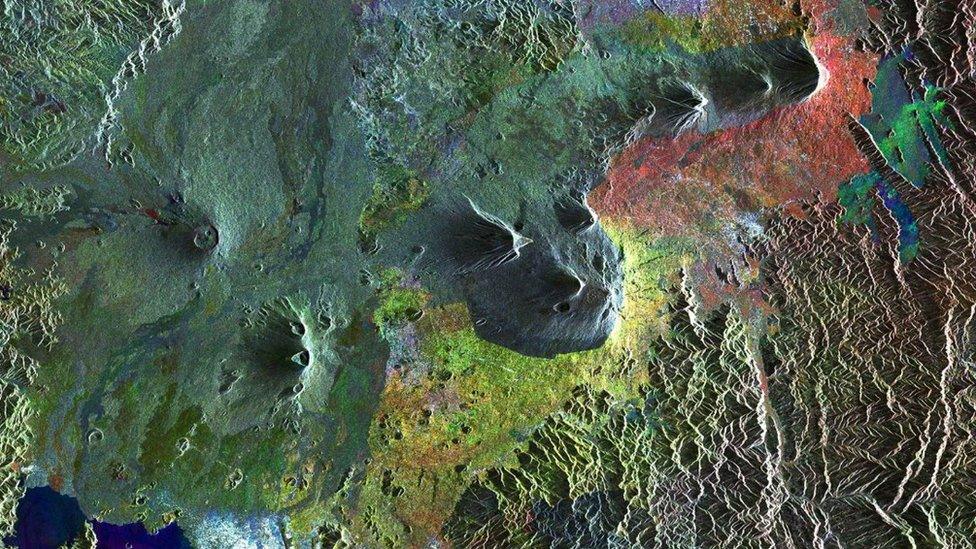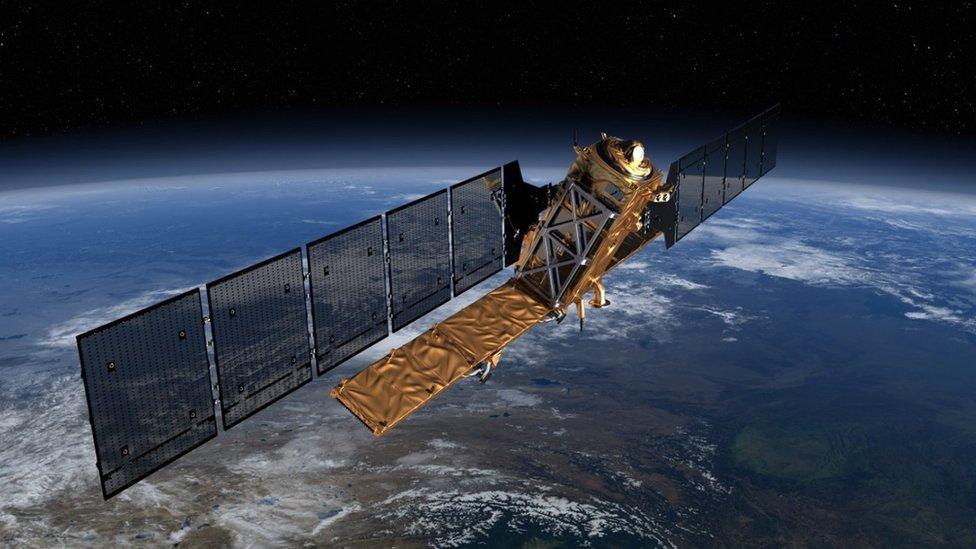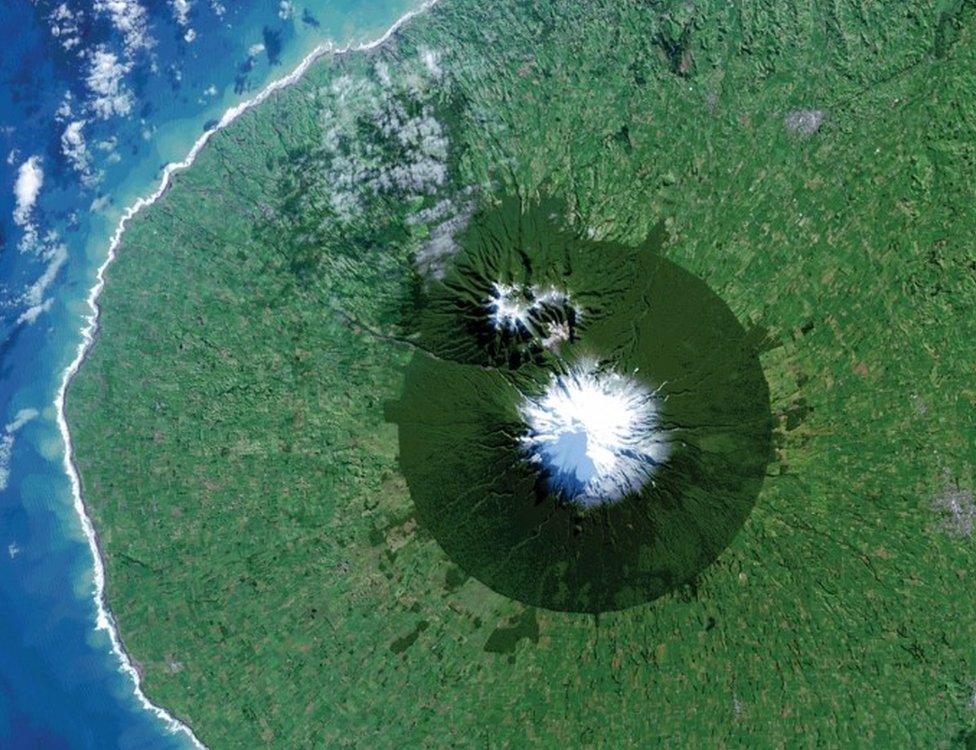Space funding of £14m for Scottish firm's rainforest protection project
- Published

The project will look at satellite images of tropical forests across the world
A Scots-based firm has been awarded a £14m contract to help protect tropical forests using satellite data.
Ecometrica, which has its headquarts in Edinburgh, has developed software to quickly interpret satellite imagery.
This allows it to pick up on threats to tropical forests such as illegal logging or encroaching agriculture.
The contract, awarded by the UK Space Agency, will see Ecometrica work with experts in six other countries to help safeguard under-threat ecosystems.
The "Forests 2020" project aims to improve management and protection across 300 million hectares of tropical forests.
Ecometrica will bring together partners in Brazil, Colombia, Ghana, Indonesia, Kenya and Mexico - with earth observation laboratories set up to assess threats to rainforests and help direct conservation resources.
The Scots firm will sub-contract experts from the University of Edinburgh, the University of Leicester and another Edinburgh company, Carbomap.

Earth observation labs will be set up to monitor information gathered by satellites
The funding is coming from the UK Space Agency's recently launched International Partnership Programme (IPP) which brings together British space knowledge and expertise to help benefit undeveloped nations and developing economies.
Ray Fielding, head of the IPP at the UK Space Agency, said: "The programme will identify innovative ways that space technology can help in this important area, which has been identified by the UN as key for sustainable development, and we intend to make a real difference to the people on the ground working to preserve the world's forests."
Executive chairman at Ecometrica, Dr Richard Tipper, said: "We all know how important tropical rainforests are to the survival of the global ecosystem, but most people are only just waking up to the fact that we need to use technology to make sure conservation efforts are effective and properly directed.
"The Earth Observation platforms will ensure threats such as fires and illegal logging are detected sooner, and make the response on the ground faster and more cost-effective."

Satellite image shows Egmont Park in New Zeland